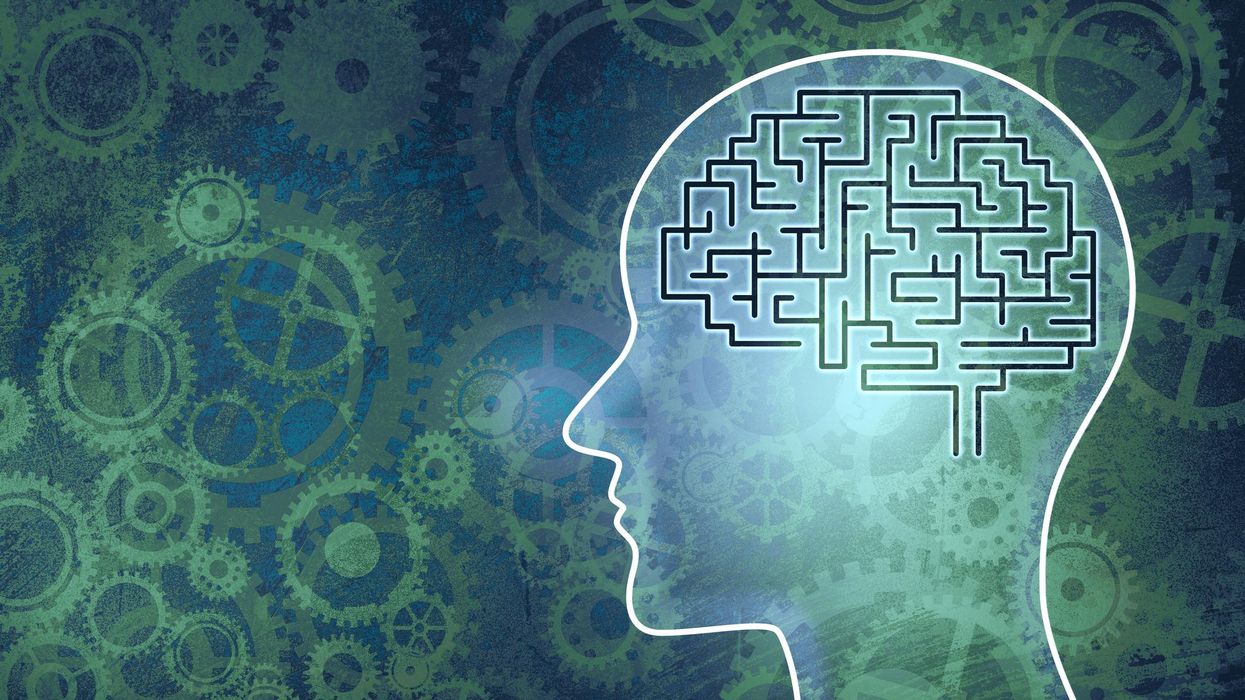It has been suggested by some that there is a little-visited intersection of mindfulness and healthy self-governance. While a seemingly new thought for those who feel we must be pragmatic, let's explore the concept with a "risk and reward" lens.
Mindfulness is a mental state achieved by focusing one's awareness on the present moment, while acknowledging and accepting (but not being captured by) one's feelings, thoughts and bodily sensations. Through various techniques such as meditation, or just regular exercise one can learn to be more present in the moment, i.e. more mindful.
With the seemingly endless new problems that the world faces at an accelerating rate, perhaps contemplation can meet action in a positive way.
Is it possible that through deep reflection — stepping back from the rhetoric, from the "I'm right, you're wrong" mentality — our leaders might legislate and govern more effectively?
Albert Einstein famously said we cannot solve problems with the mindset that created them.
"We shall require a substantially new manner of thinking if humanity is to survive." He went on to say that freeing ourselves from the "optical delusion" can "widen our circle of compassion."
As stated by the Garrison Institute, which is dedicated to inspired thinking and thoughtful action, "Contemplation — the practice of reflecting deeply — opens fresh possibilities for new thinking, and can be an indispensable part of the solution to today's real-world, human-created problems, from an epidemic of psychological trauma to global climate change."
The risk is negligible — a little time and ego invested in contemplation and reflection. The reward is quite substantial. Better thinking, innovative ideas and real-world solutions.
In the coming months The Fulcrum will explore spirituality and mindfulness within our Pop Culture section. Pop culture is not just trendy music, theatre or art. Pop culture is everything that impacts the culture of our society, and certainly religion, spirituality and mindfulness are immensely important to millions of Americans and thus critically important in determining how our society functions.
Enjoy this short, humorous video about mindfulness as former British Prime Minister Theresa May answers questions — and good-natured heckling — regarding the use of mindfulness as a tool for solving social issues. It is revealed that several members of Parliament and their staff attended a mindfulness workshop to increase their effectiveness.
https://vimeo.com/333330057
As always we encourage your engagement so please offer any ideas you may have as to the connection between spirituality and mindfulness on healthy self-governance and our democracy. You may email us at pop-culture@fulcrum.us.

















 "On the Frontlines of Democracy" by Nonprofit Vote,
"On the Frontlines of Democracy" by Nonprofit Vote,

Trump & Hegseth gave Mark Kelly a huge 2028 gift